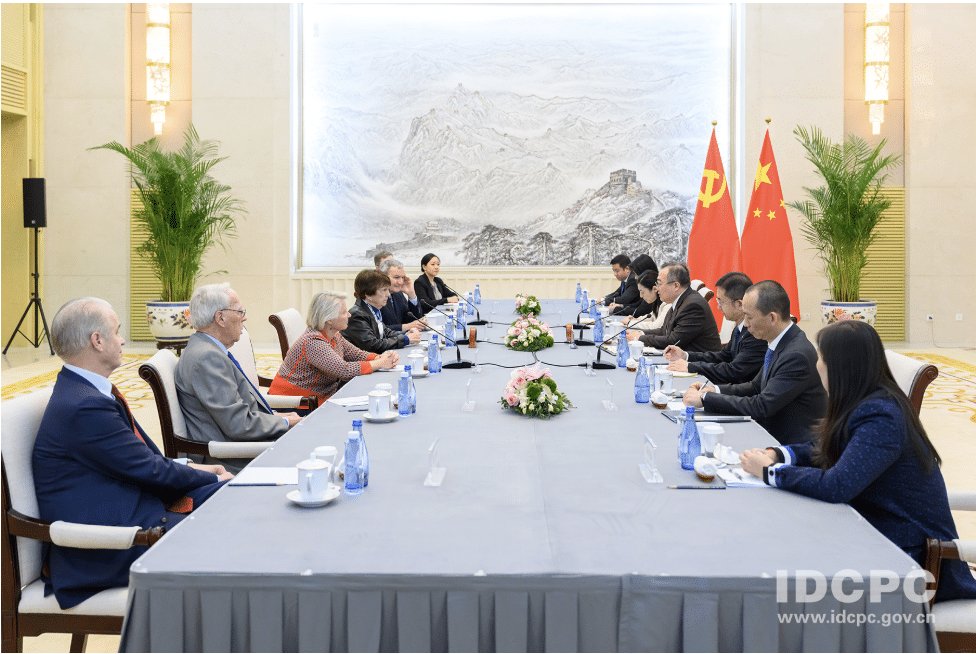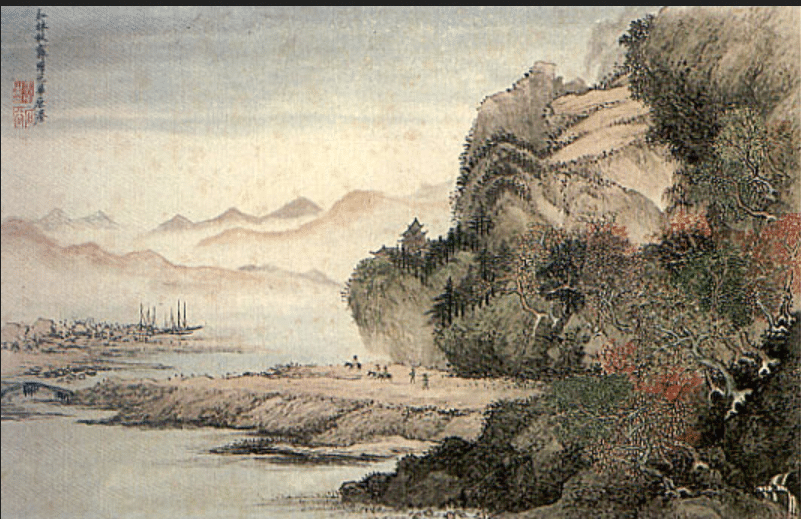China’s Ongoing ‘Political Correctness’ Campaign
Throughout the 2016 U.S. presidential campaigns, “political incorrectness“ is frequently mentioned in the media and online social networking websites in the United States. The controversial debate was fired by the Republican presidential candidate Donald J. Trump.
Trump is currently leading public polls of Republican presidential candidate nominations, and is coming of a big win in the New Hampshire primary. The popularity of Trump has caught people off guard and challenged American mainstream values. Since announcing his presidential campaign, Trump has violated many of the taboos of the modern American mainstream political ideology, targeting immigrants, Muslims, free trade, and others.
While the U.S. grapples with this burst of “political incorrectness,” across the Pacific, China is moving to the opposite direction: a sustained campaign in favour of “political correctness,” China style. If you have followed China’s political news in the recent months, you may have noted a catchphrase appearing repeatedly in President Xi Jinping’s speeches and party documents: “political correctness” or “political awareness,” the expressions used in the context of everything from party discipline and leadership selection, to military reform, state-owned enterprise (SOE) reform, university education, the media, and public participation.
Early this year, Xi approved a circular on party, state and military leadership selection. Political correctness ranks first among the criteria. More controversially, in the newly released Party document on internal discipline, it is prohibited for Party members to make “groundless criticism“ of the Party’s major policies. Interestingly, a series of cartoons were created by Xinhua News Agency to help the public understand this political discipline. In a recent speech and in Party school regulations, Xi has stressed that loyalty to the Party is the most important political discipline.
Following the announcement at the September military parade of a 300,000-strong cut to the military, China rolled out a series of detailed plans for military reform in the second half of 2015. In a recent meeting, Xi, who chairs the Central Military Commission (CMC), urged the People’s Liberation Army to maintain “correct political direction“ and emphasized “the Communist Party of China (CPC) has absolute leadership of the armed forces.” At the start of 2016, the official document on deepening military and armed forces reform was released. “Upholding correct political direction“ was listed at the top of the basic principles of the ongoing military reform.
Similar wordings also appear in SOE reform, a roadmap to reviving China’s public sector and upgrading its industrial capacity, particularly in high-end manufacturing sectors. Released last September, the overarching SOE reform action plan repeatedly emphasized that the basic political principal and direction is to follow the Party’s leadership. Following the reform plan, the Party also issued a special regulation bolstering the Party’s leadership in SOE reform. Chinese mainstream media outlets all published articles as policy interpretations to further stress the central role of the Party in SOEs, among them China Daily, Xinhua News and Qiushi – an influential Party political periodical.
The “political correctness” campaign also extends to a broader audience: China’s future leaders. Last January, the State Council issued a document on strengthening publicity and ideology in universities, causing considerable debate within China’s intellectual community. The document pointed out that ideological work is of critical significance to the Party and country. Higher education propaganda should be consistent with the mainstream values and political positions, meaning socialism with Chinese characteristics and the “China Dream.” Last August, the Party’s Organization Department, Publicity Department and Ministry of Education jointly issued a circular to urge party and state leaders to give lectures to university students on political correctness. The lectures are designed to narrow the distance between young students and the government. They also aim at rebuilding the younger generation’s trust and confidence in the Party and the government. Last November, Xi hosted a special learning session for the Party’s Politburo on Marxist political economy and stressed that it is of great importance to revive this discipline as the basis of a socialist regime. Recently, the Ministry of Education issued official documents to leverage social media as innovative approaches to nationalism education. Nationalist spirit is to be integral in curriculums through elementary school, high school and university. An “always following the Party” campaign will be launched in universities.
The ultimate audience for this political campaign is the general public. “Positive Energy” – values consistent with mainstream political thinking – campaigns have been launched on mainstream media and social networking websites in China. Xi has urged journalists, editors, opinion leaders, and other figures in the media and cultural industry to spread “positive energy” and good “Chinese voices” to domestic and international audiences. Meanwhile, in a visit to the office of People’s Liberation Army Daily, Xi reintroduced the concept of “politicians running newspapers“ and stressed the basic principal of the Party’s leadership on media outlets. This year’s CCTV Chinese New Year Gala ran for four and a half hours on the CCTV 1 evening news, with nationalist propaganda and Party’s doctrines dominating throughout the night. Aside from traditional media platforms, the Party is harnessing the power of social media and digital technology to engage young people. Instead of political jargon, videos and cartoons are used, featuring both pop and traditional cultural elements. From China’s 13th Five-Year Plan to Xi’s “Four representatives,” a series of videos with catchy songs and even rapping have spread on China’s social media to help the general public understand Party documents and discipline in a fun and interactive way. The videos are tailor-made for young mobile users, and can spread via social media such as Weibo and WeChat.
The ongoing political correctness campaign is accelerating Xi’s centralization of power over political, economic, military, educational and cultural policies. It also serves the Party’s aspiration to restore China’s mainstream values and ideologies, on the way to achieving the “China dream.” Policymakers and analysts will be left to observe what a “political correct” China looks like and how it might shape Chinese foreign policy.
Zhibo QIU is a consultant at the United Nations headquarters in New York. Previously, she worked for both public and private sector as policy analyst and campaign officer. Her research focuses on China’s domestic politics, foreign policy and overseas investment. She holds master’s degrees from the University of Cambridge and the Graduate Institute of International and Development Studies in Geneva. The opinions in this article are the author’s own.
By ZHIBO QIU Feb. 10, 2016 on The Diplomat
Read more here








